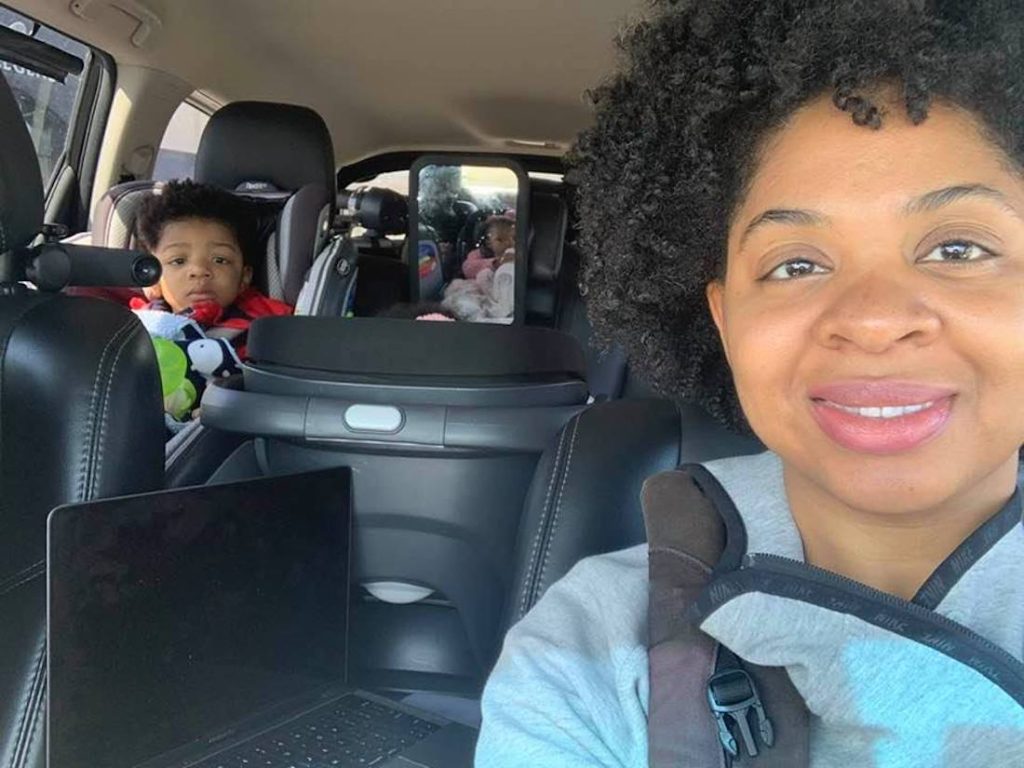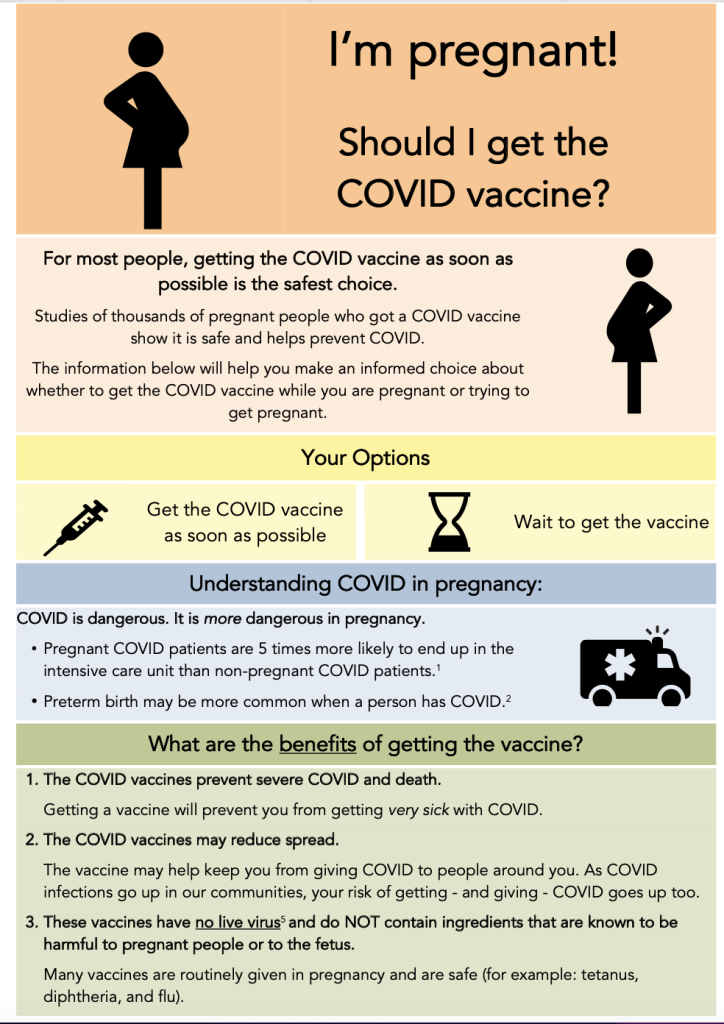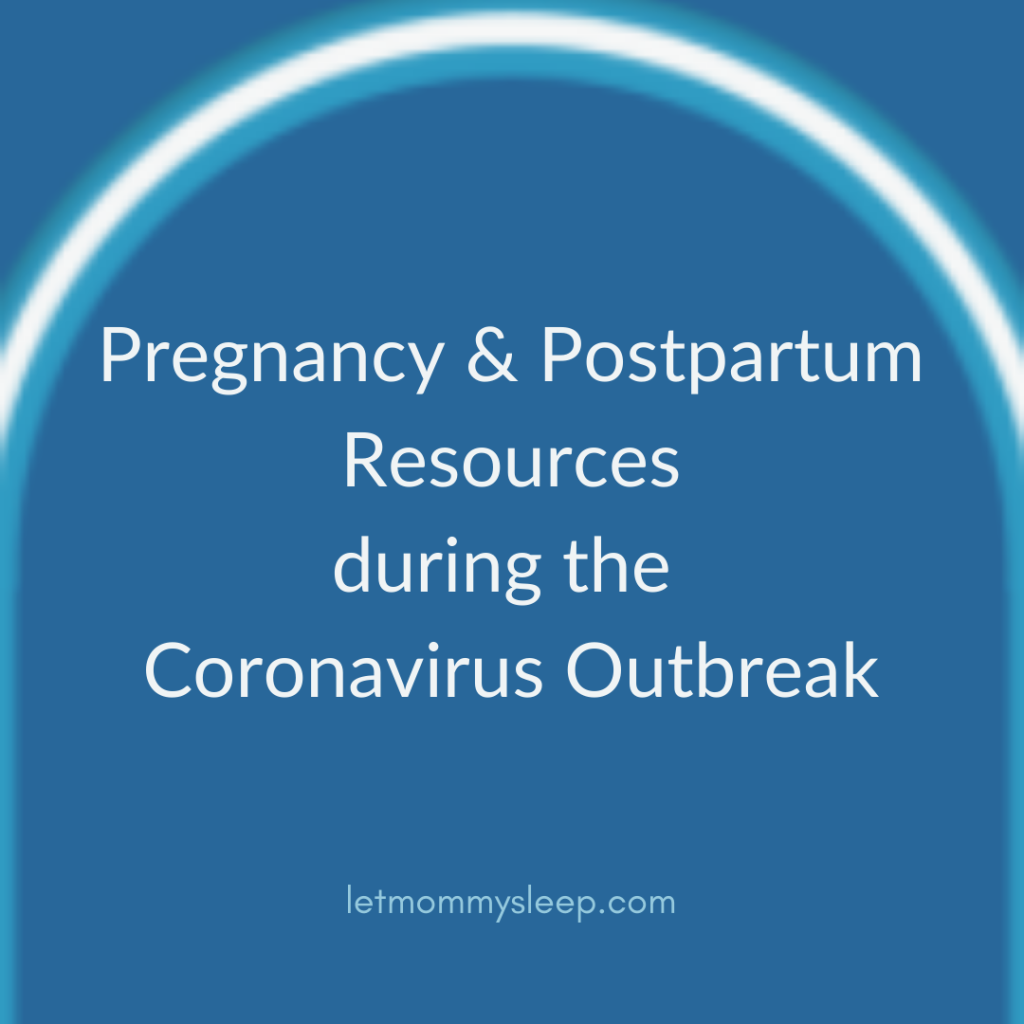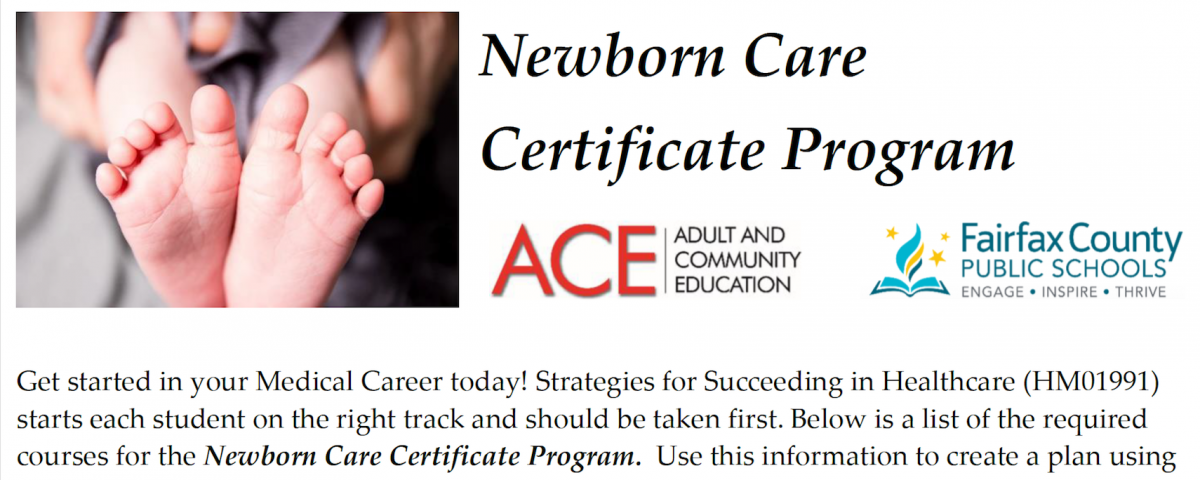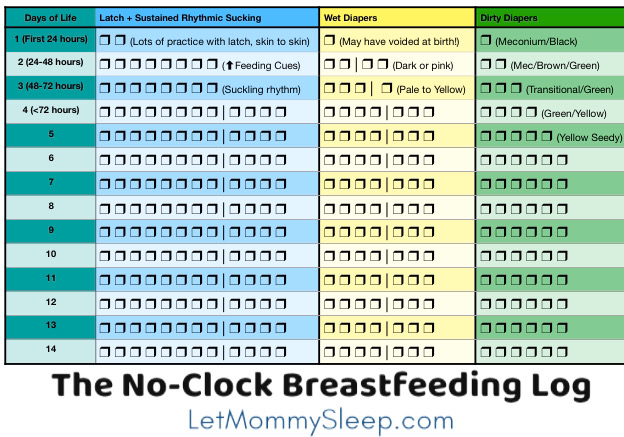You don’t need lots of room to garden and you don’t need to spend money on seeds! You can grow your own groceries and Grow a Kitchen Scrap Garden!
With coronavirus keeping us all at home, most of us are racking our brains to come up with new homeschool activities, new foods and ways to minimize waste without breaking the bank. With all that in mind, here’s how you can make your own garden just from kitchen scraps. You don’t even need real pots because used plastic containers will do! Best of all…we promise it works!

Celery Stumps
- Just cut off the stump and place it in about ¼ inch of water…any small dish or bowl will do.
- If you have toothpicks place 4 toothpicks in the bottom to suspend the celery over the bowl but have the root still touching the water.
- Celery will start to grow in about 2-3 days! Once it’s too big for your bowl, just pop it in the ground. No special soil is needed, and the celery will come back each year. It’s usually best to start seeds indoors just to be sure they’re staying warm enough in the early weeks.
Tomatoes
- Cut open a tomato and squish the seeds out onto a dish or paper towel. Rinse the seeds in a little cup and then place the seeds on a paper towel to dry them.
- Let them stay on a windowsill or other safe place for a day or 2, to be sure they are completely dry.
- Put the seeds in a little pot or the ground about ½ inch under the dirt. Any pot or soil will do!
Potatoes
- If you have small potatoes, cut them in half and place in the ground about 1 ½ inches below the surface. Make sure they’re fully covered and that the eyes are facing up toward the sun.
- If you have large potatoes or sweet potatoes, cut them into 5 or 6 pieces around the eyes. Don’t cut through the eyes because the eye is basically the root or the “seed” that makes new potatoes.
- In about 6 weeks you’ll see hearty green stems with little yellow flowers come up from the ground where you planted the potato. They kind of look like weeds but they are the signal that your potato is almost ready! When you see the flowers, it will be tempting to pull the potato up but don’t! Leave them in the ground for another 2-4 weeks or longer and they’ll be ready. The longer you leave them in, the bigger they get and the more you’ll have!
Root Vegetables like ginger, onions, scallions or radishes
- This one’s easy – just cut the root and let it sit in water (hanging is better but not the end of the world if you can’t)
- You’re veggie will grow from there….you can put it in the ground or leave it in the bowl for as long as it grows.
Dirt, Soil and Containers
It’s fine if you use whatever is around your house and neighborhood. These veggies are hearty and not fragile. If you want to fortify your soil though, simply mix in some used coffee grinds…just like with humans, coffee perks up seeds and roots!
If you don’t have a pot, that’s okay too! Just cut the top off your milk carton or any plastic container, making sure an adult cuts a few holes in the bottom to let out excess water.
Looking for more activities? Here are Toys Siblings Can Play with Together!

